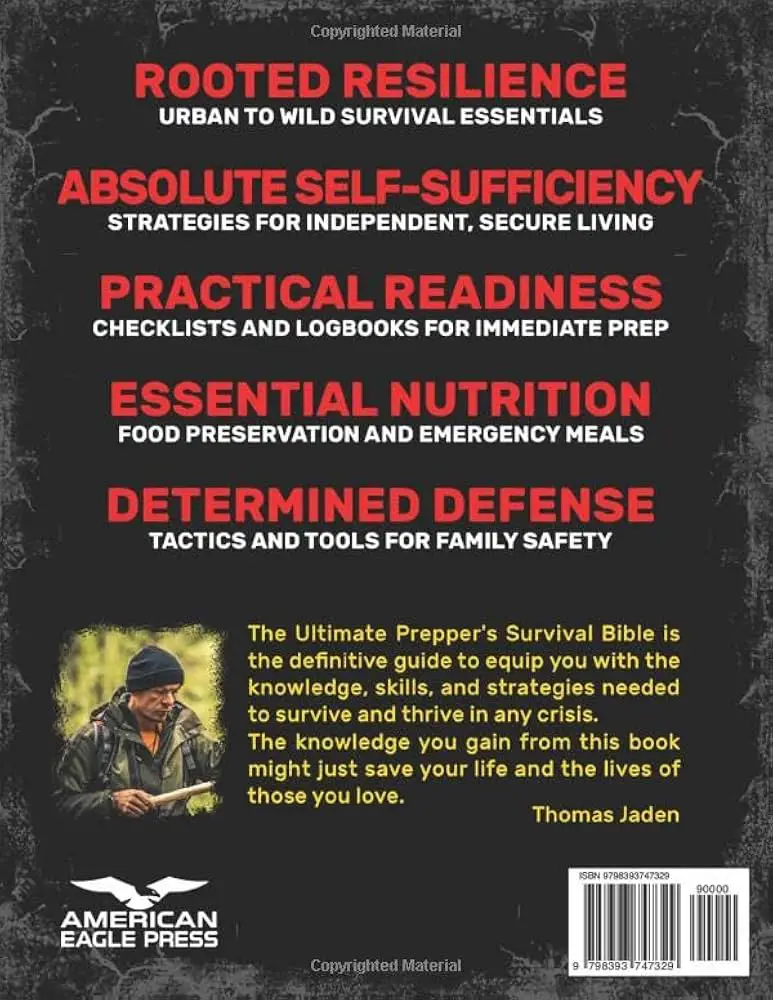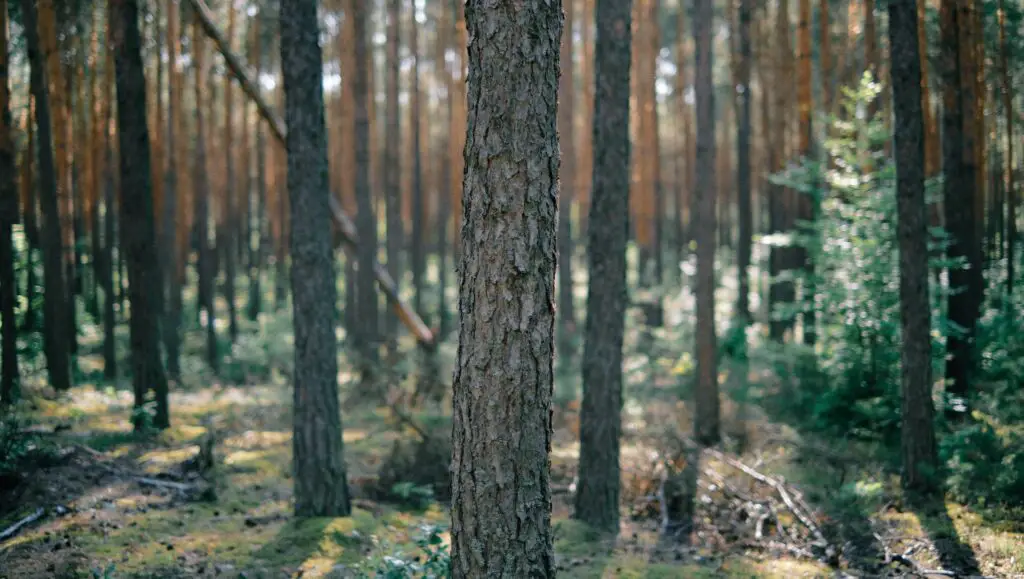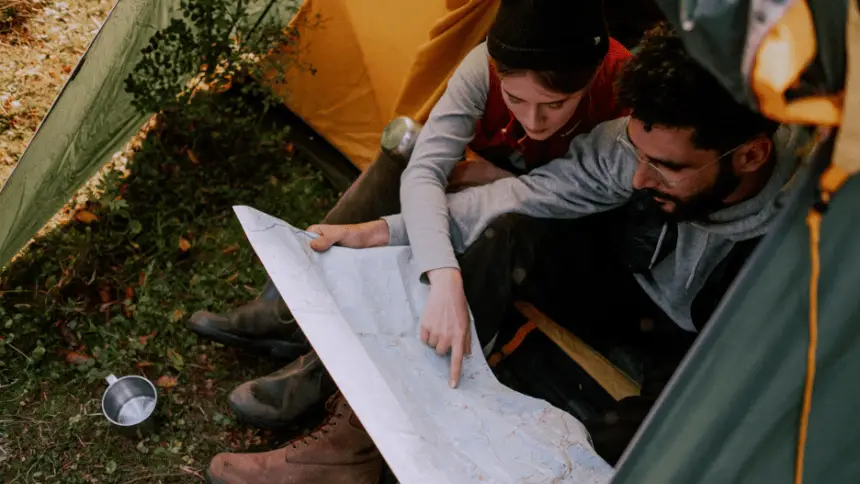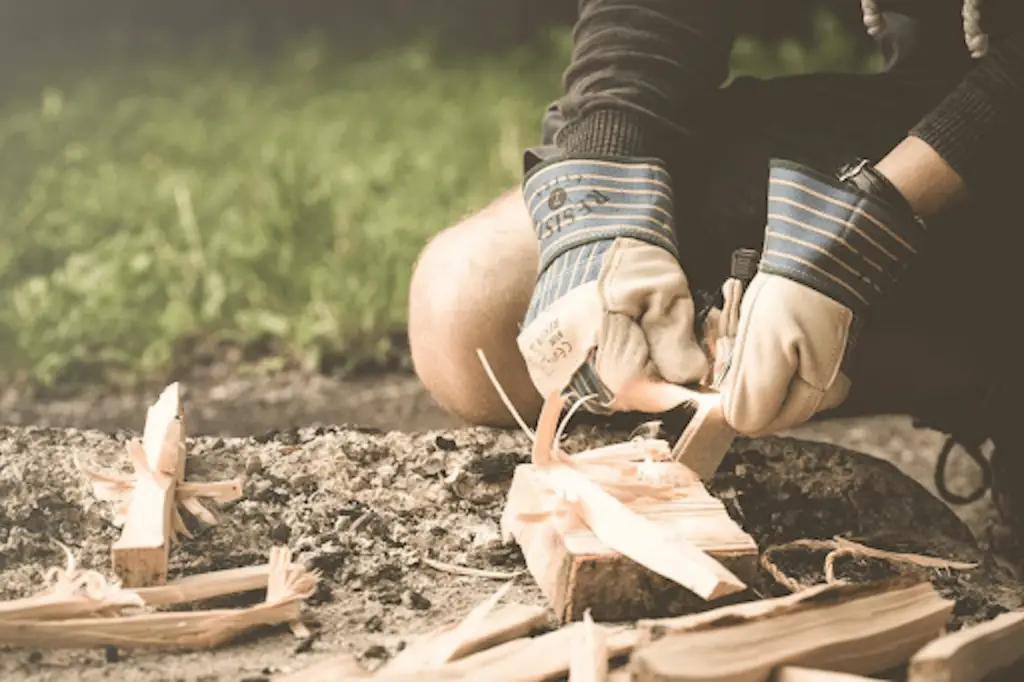Advanced Survival Skills: Preparing For The Unpredictable
Have you ever thought about what you would do if you found yourself in a survival situation? Whether you are an outdoor enthusiast, a frequent traveler, or simply want to be prepared for any unforeseen circumstances, having advanced survival skills can make all the difference when faced with the unpredictable. In this article, we will discuss essential skills and strategies to help you prepare for various emergency scenarios and increase your chances of survival. So let’s get started!
Assessing Your Situation
Before diving into the specifics of survival skills, it’s crucial to assess your situation accurately. Understanding your surroundings, resources, and potential threats can help you make informed decisions and take appropriate actions in a survival scenario. Stay calm, take a deep breath, and evaluate your situation before moving forward.
Understanding Your Environment
Take a moment to observe your surroundings and identify any potential hazards or resources that could aid in your survival. Pay attention to the terrain, weather conditions, wildlife, and nearby water sources. Understanding your environment can help you make smarter decisions and prioritize your actions accordingly.
Evaluating Your Resources
Assess the resources available to you, such as food, water, shelter, and tools. Take stock of your supplies and prioritize their usage based on your immediate needs. Utilize any items you have on hand creatively and efficiently to maximize their utility in a survival situation. Remember, resourcefulness is key to survival.

Essential Survival Skills
Now that you have evaluated your situation, it’s time to hone in on some essential survival skills that can help you navigate through uncertain circumstances. These skills are not only practical but can also be life-saving in critical situations. Let’s explore some of these skills in detail.
Navigation
Being able to navigate effectively in an unfamiliar environment is crucial for survival. Whether you are lost in the wilderness or stranded in an urban setting, knowing how to read a map, use a compass, and identify landmarks can help you find your way to safety. Brush up on your navigation skills and practice them regularly to build confidence in your ability to find your way back to civilization.
Shelter Building
Constructing a shelter is a fundamental survival skill that can protect you from the elements and provide a safe haven in harsh conditions. Learn how to build different types of shelters using natural materials or whatever resources you have available. Whether it’s a lean-to, debris hut, or tarp shelter, mastering the art of shelter building can significantly increase your chances of survival in the wild.
Fire Starting
Fire is not only essential for warmth but also for cooking food, purifying water, and signaling for help. Knowing how to start a fire using various methods such as friction, spark, or solar can be a game-changer in a survival situation. Practice fire-starting techniques in different conditions and learn to identify suitable tinder, kindling, and fuel to maintain a sustainable fire.
Water Procurement
Water is a critical resource for survival, and knowing how to procure, purify, and conserve water can be a lifesaver in an emergency. Whether you find yourself near a water source or need to collect rainwater, understanding different water purification methods such as boiling, chemical treatment, or filtration is essential. Stay hydrated and prioritize water procurement to avoid dehydration and its associated risks.
Foraging and Food
While it’s always best to carry emergency food rations with you, knowing how to forage for edible plants, insects, and small game can supplement your diet in the wild. Familiarize yourself with the local flora and fauna, and learn to identify safe and nutritious food sources. Remember to avoid toxic plants and animals and prioritize energy-rich foods to sustain yourself in a survival scenario.

Advanced Survival Strategies
In addition to mastering essential survival skills, it’s essential to develop advanced strategies that can help you thrive in challenging situations. These strategies go beyond basic survival techniques and focus on long-term sustainability, adaptability, and resilience. Let’s delve into some advanced survival strategies that can prepare you for the unpredictable.
Risk Assessment and Management
Understanding potential risks and hazards in your environment can help you make informed decisions and mitigate dangerous situations. Conduct a thorough risk assessment by identifying threats, vulnerabilities, and consequences of various scenarios. Develop a risk management plan that includes preventive measures, emergency responses, and recovery strategies to minimize harm and maximize your chances of survival.
Emergency Signaling
In a survival scenario, being able to signal for help effectively can increase your chances of being rescued. Learn and practice different signaling methods such as using a signal mirror, whistle, flashlight, or creating improvised signals with rocks, sticks, or clothing. Familiarize yourself with distress signals and communication protocols to attract attention and convey your need for assistance to potential rescuers.
First Aid and Medical Skills
Having basic first aid knowledge and medical skills can be invaluable in treating injuries, illnesses, and medical emergencies in the wild. Learn how to perform CPR, stop bleeding, splint fractures, treat burns, and manage common medical conditions. Carry a compact first aid kit with essential supplies and medications tailored to your needs and environment. Be prepared to provide medical assistance to yourself or others in a survival situation.
Mental Resilience
Surviving in challenging circumstances requires mental resilience, adaptability, and a positive mindset. Stay calm, focused, and optimistic despite the adversity you may face. Practice stress management techniques, mindfulness, and visualization to cope with fear, anxiety, and uncertainty. Build mental toughness by setting realistic goals, solving problems creatively, and maintaining a sense of purpose and hope throughout your survival journey.
Self-Defense and Security
In unpredictable and potentially dangerous situations, being able to protect yourself and secure your surroundings is essential for survival. Learn basic self-defense techniques, situational awareness, and conflict resolution skills to avoid confrontations and de-escalate volatile situations. Carry personal protection devices such as a whistle, pepper spray, or a knife as a last resort for self-defense. Prioritize your safety and well-being by being vigilant and proactive in securing your environment.

Conclusion
Preparing for the unpredictable requires a combination of essential survival skills, advanced strategies, and a resilient mindset. By honing your navigation, shelter building, fire starting, water procurement, and foraging skills, you can increase your chances of survival in various emergency scenarios. Develop advanced survival strategies such as risk assessment, emergency signaling, first aid, mental resilience, and self-defense to thrive in challenging situations. Remember, the key to survival is preparedness, resourcefulness, and adaptability. Stay informed, stay vigilant, and stay safe in your outdoor adventures and everyday life.

